From News 12: Features Princeton alum James Faller.https://bit.ly/2D1dHvO
Category Archives: Uncategorized
Over 400 alumni call on the U.S. govt. to assist Maria Ressa ’86
From The Daily Princetonian: Four hundred and twenty-four members of the University community took out a full-page ad in the July 21 edition of the Washington Post in support of journalist Maria Ressa ’86, who was found guilty of cyber libel in the Philippines over a month ago. The letter comes a day before a scheduled court appearance for Ressa in the Philippines. https://bit.ly/3jzGeJH
Related from Rappler: Princeton alumni to Trump: Convince Duterte to drop charges vs Maria Ressa, Rappler
From lab to ambulance, training pays off for EMT volunteer
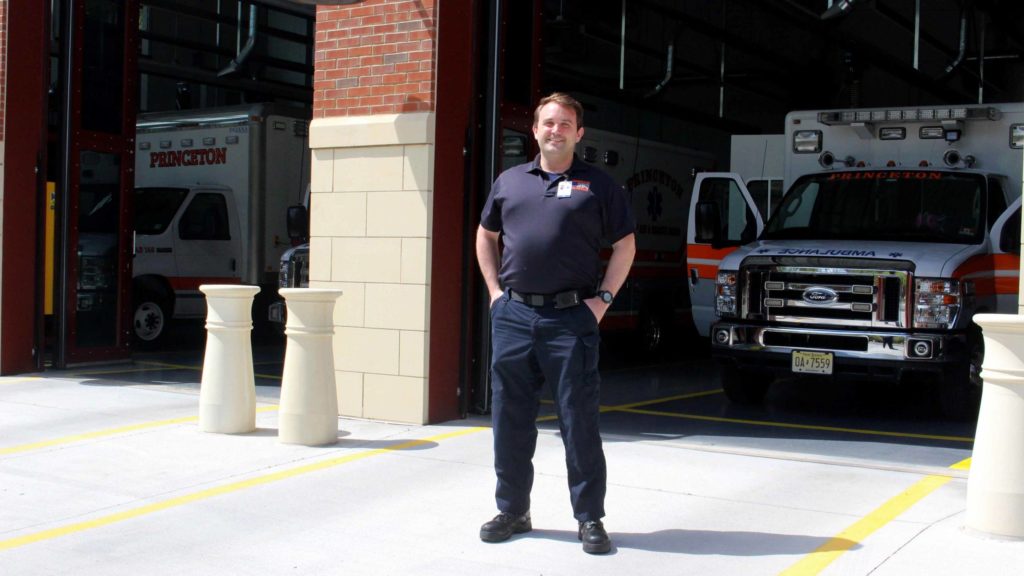
As a senior research specialist at a Princeton University lab that requires precision control over dust particles in the air, Eric Mills’ training gave him a special sort of insight as he confronts the coronavirus pandemic in a very different capacity.https://bit.ly/32PsrbU
Keeanga-Yamahtta Taylor:Until Black Women Are Free, None of Us Will Be Free (The New Yorker) and Is Black Lives Matter a Marxist movement? (PolitiFact)
Matt Desmond:It ‘Looks Very Scary For Renters’ As Federal Eviction Relief Expiration Nears (NPR)
Julian Zelizer:Trump has been on both sides of the states’ rights argument (Associated Press)
Eddie Glaude Jr.:Princeton prof Eddie Glaude talks new book ‘Begin Again: James Baldwin’s America’ (New York Amsterdam News)
Laura Kahn:Closing Wet Markets May Result in Unintended Consequences (Food Tank)
Jesse Jenkins: Long-Term Value of Grid Storage Is All About Capacity, Study Finds(Greentech Media)
Suzanne Staggs and Paul Steinhardt: Mystery over Universe’s Expansion Deepens with Fresh Data (Scientific American)
Jordan Bimm, postdoctoral researcher:The Strange Origin of the Search for Life on Mars (The New York Times)
Senior thesis: Naomi Cohen-Shields explores who benefits as China cleans its air
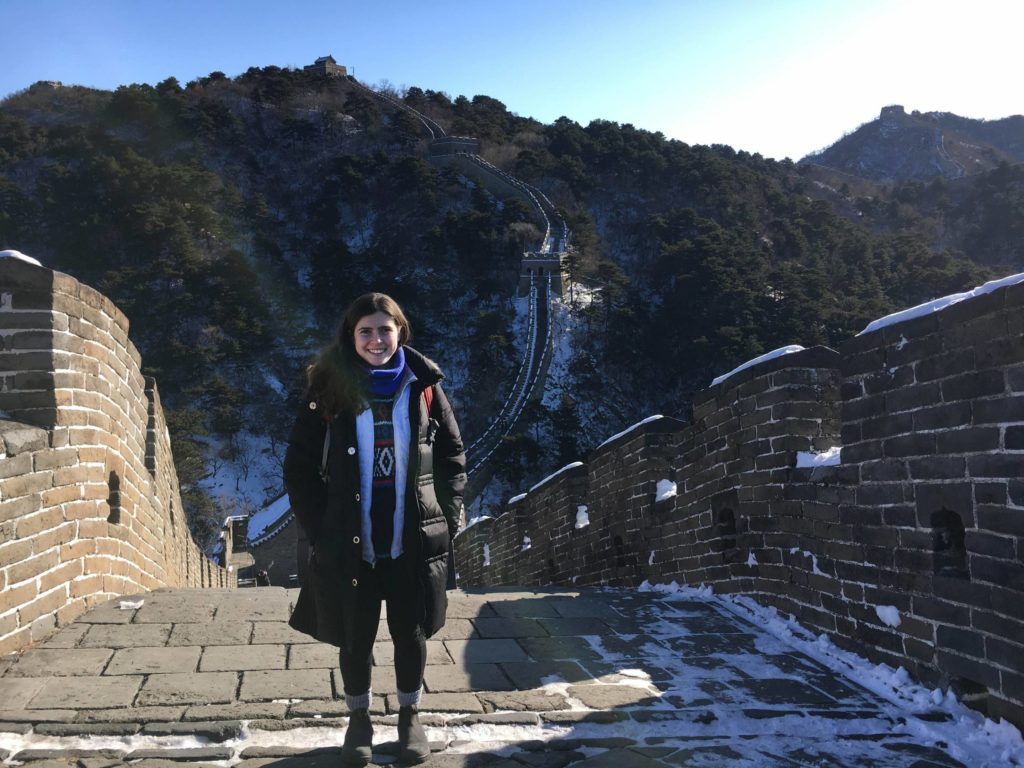
Naomi Cohen-Shields of Princeton’s Class of 2020 analyzed the effectiveness of China’s efforts to reduce air pollution for her senior thesis research. She also investigated how air pollution differs across China’s provinces based on regional affluence — and if poor populations face more exposure. https://bit.ly/32QXLHp
Wall Street’s Hedge Fund Obsession Gets Vindicated in Research
From Bloomberg: Cites research co-authored by Motohiro Yogo. https://bloom.bg/3hzEAWM
Tracking Misinformation Campaigns in Real-Time Is Possible, Study Shows
From SPIA: A research team led by Princeton University has developed a technique for tracking online foreign misinformation campaigns in real time, which could help mitigate outside interference in the 2020 American election. https://bit.ly/32OPgN2
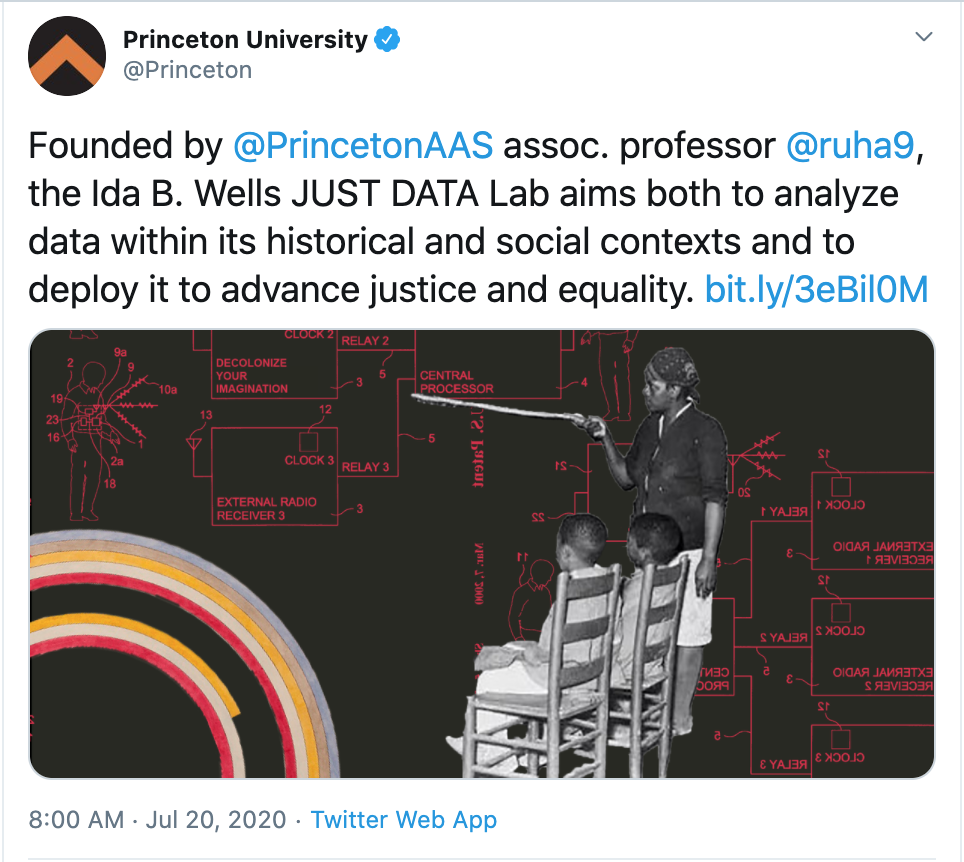
A taste for humans: How disease-carrying mosquitoes evolved to specialize in biting us
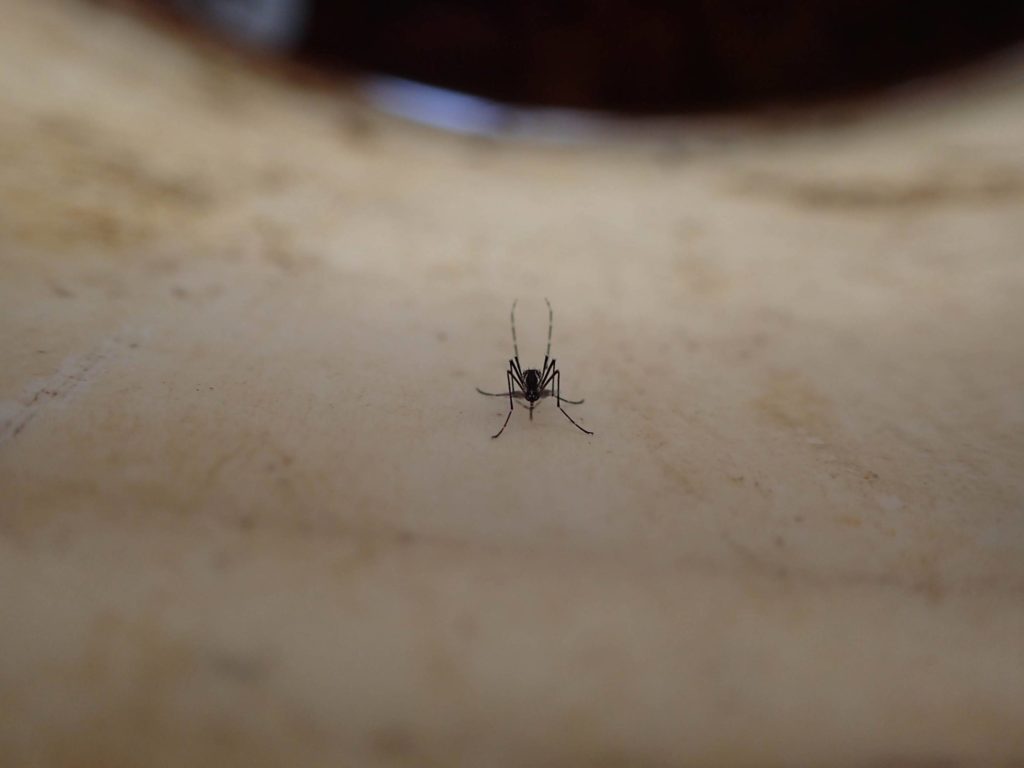
Aedes aegypti mosquitoes like this one specialize in biting humans and are the primary vectors for diseases including dengue, Zika, chikungunya and yellow fever. With the help of international collaborators, Princeton postdoctoral researcher Noah Rose and Professor Carolyn McBride revealed that intense dry seasons and regional urbanization drive these mosquitoes’ tendency to seek human hosts. Their new paper provides insight into how this behavior evolved and suggests that increased urbanization may lead more mosquitoes to seek humans in the future. https://bit.ly/2ZXM8wq
Coverage in the media:
Preventing the next pandemic
“How much would it cost to prevent this happening again? And what are the principal actions that need to be put in place to achieve this?” asked Andrew Dobson, a professor of ecology and evolutionary biology at Princeton. He and colleague Stuart Pimm of Duke University assembled a team to seek answers.https://bit.ly/2CZEAAi
Back on campus: how the sweet turned to bitter
From The Daily Princetonian: Opinion piece by rising junior Claudia Frykberg. https://bit.ly/2CImWkE
Cezanne by the Book
From Princeton Info: The Princeton University Art Museum’s exhibition designed to highlight the work of one of the great innovators of the Western art tradition, Paul Cezanne, has not been able to receive audiences because of the COVID-19-related museum closure.But “Cezanne: The Rock and Quarry Paintings” can still be explored in the accompanying catalog created for the exhibition and available through the museum.https://bit.ly/2ZUGGKQ
LIFE unfolds across academic disciplines
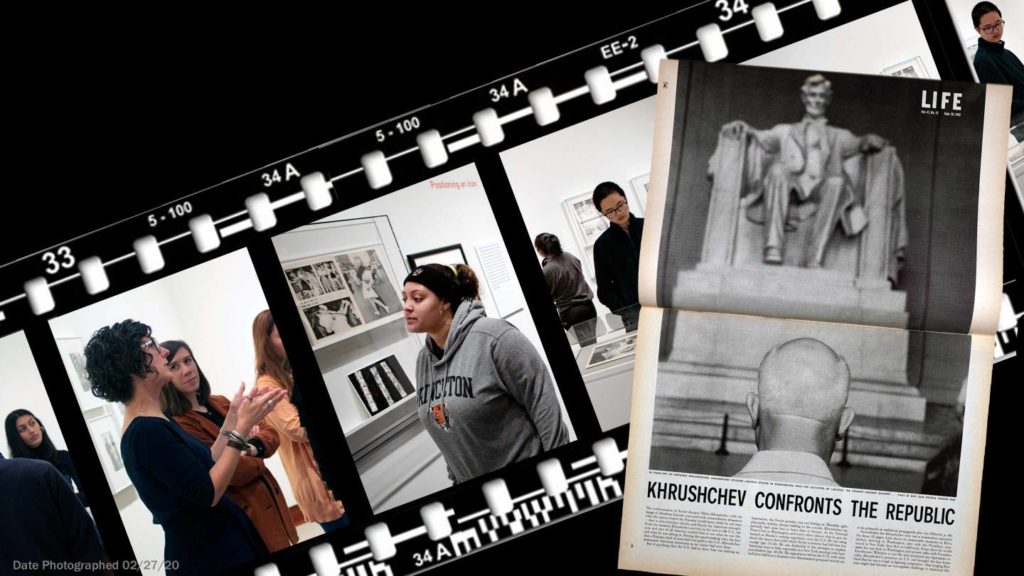
In the weeks before Princeton transitioned to remote teaching in March due to the COVID-19 pandemic, students in a range of classes visited the special exhibition “Life Magazine and the Power of Photography” at the Princeton University Art Museum. The exhibition sheds new light on the collaborative process behind the magazine’s iconic photo-essays that captured important moments in history. During the pandemic, students engaged with the exhibition through virtual galleries, online video discussions and lectures by museum staff — all tailored to the academic focus of each course.https://bit.ly/3eRo0Qo
Student Entrepreneurs Create Startups At PU Keller Center Summer Program
From Town Topics: Twenty-seven young entrepreneurs, Princeton University graduate and undergraduate students, have been working in teams over the past month to create and launch startup companies as part of the eLab Summer Accelerator Program at Princeton University’s Keller Center for Innovation in Engineering Education. This summer’s program, restructured in just a few weeks last spring to allow the teams to create their startups remotely, will culminate on August 12 when the students pitch their startup ideas to the world at the Ninth Annual Demo Day.https://bit.ly/2ZTSsFg
Princeton Small Business Resiliency Fund Is Busy Processing Grant Applications
From Town Topics: The fund is a collaboration of the municipality, Princeton University, and the Chamber. The University pledged an initial donation of $250,000 to launch the fund, and has also provided a dollar-for-dollar match of up to $100,000 in additional donations to the fund.https://bit.ly/3hx58I3
Why mutual respect makes free speech better
In his July 20 op-ed featured in The Daily Princetonian, President Eisgruber writes:
When historians look back on 2020, they will undoubtedly see it as a year of great strife and important change. America’s national reckoning with racism, carried out amidst a deadly and still unfolding pandemic, has uncovered long simmering tensions and persistent injustices throughout the country.
Princeton has distinctive responsibilities as it contends with its own history, and seeks to improve itself, in this pivotal moment. As I argued in a lecture at the University of Pennsylvania Carey Law School last autumn, we are in an era when many people mistakenly treat free speech and inclusivity as competing values. Universities must nevertheless remain steadfastly devoted to both free speech and inclusivity. We need the benefit of multiple voices and perspectives, and we need real engagement among them.
Our ability to uphold these two ideals depends upon the University’s policies but rests ultimately upon shared commitment from faculty, staff, and students. Policies alone cannot produce the generative exchanges and real learning that are crucial to Princeton’s mission.
Read the op-ed in full here.
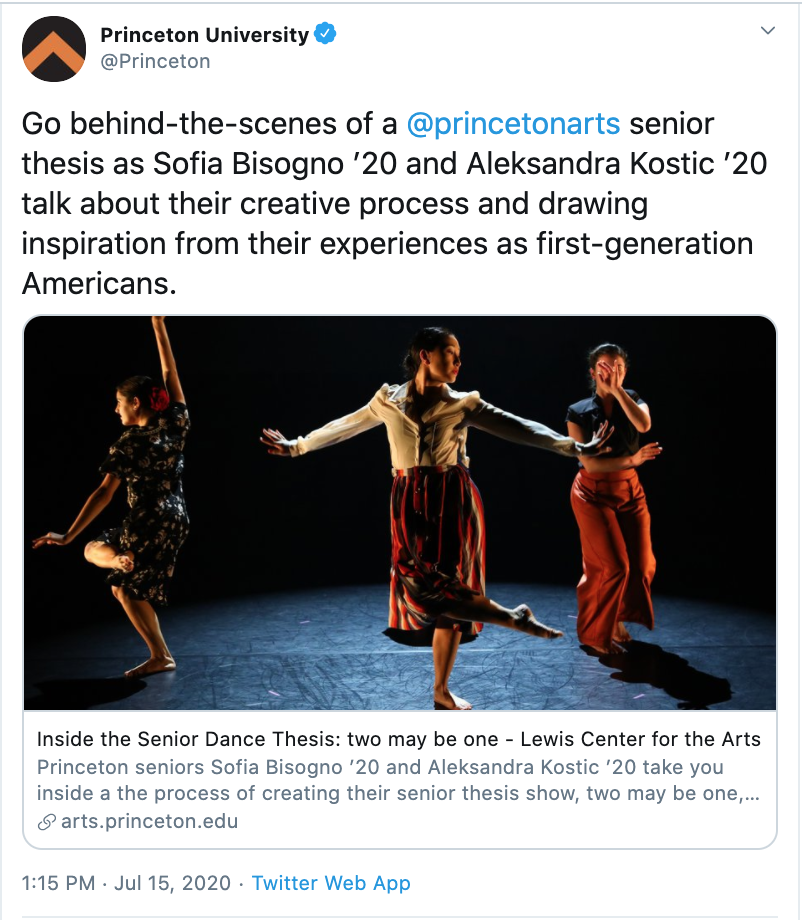
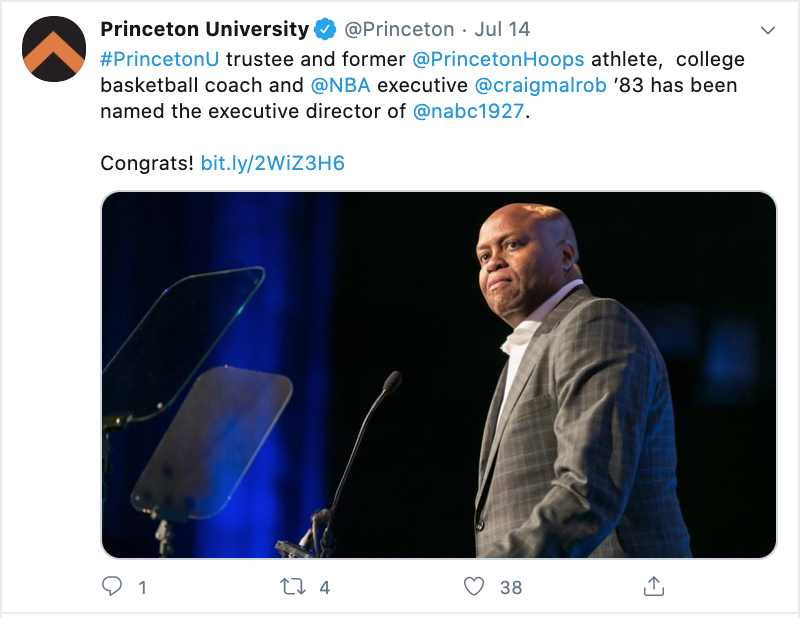
Rachel Baker: Scientists Hoped Summer Temperatures Would Tamp Down Covid-19 Cases. What Happened? (The Wall Street Journal) and Could COVID-19 Have Seasons? Searching for Signals in Earth Data (NASA)
Jessica Metcalf: America Should Prepare for a Double Pandemic (The Atlantic)
Tsung-Mei Cheng: How Taiwan beat the coronavirus (CNBC)
Alieza Durana: Eviction Looms for Millions of Americans Who Can’t Afford Rent (The Wall Street Journal)
Alan S. Blinder: The Economy Won’t Get Healthier While America Gets Sicker (The Wall Street Journal)
William Dudley: Creative Destruction: A Risky Idea Nobody Wants to Try (Bloomberg)
Julian Zelizer: Trump Pivots to Self-Pity With Polls Sinking, Pandemic Worsening (Bloomberg)
Andrew Reynolds: The Empathy of Black Voters (The New Republic)
Betsy Levy Paluck (researchers Chelsey Clark and Roni Porat mentioned): ‘White Fragility’ Is Everywhere. But Does Antiracism Training Work? (The New York Times)
Dean Knox and Jonathan Mummolo: Prominent Claims that Policing is Not Racially Biased Rest on Flawed Science (Medium)
Jesse Jenkins: What It Will Take for Biden to Keep His Climate Promise (Bloomberg)
Sean Wilentz: A Moment For Historian Richard Hofstadter on Anti-Intellectualism (Princeton Alumni Weekly)
Mary Caswell Stoddard: Not Bird Brains: Research Suggests Hummingbirds Use Numbers To Find Flowers (Forbes)
Ed Turner: How Many Aliens Are in the Milky Way? Astronomers Turn to Statistics for Answers (Scientific American)
Pablo Debenedetti: Explaining the odd behaviors of water (Tech Explorist)
Summer Reads 2020: What are Princeton professors reading this summer?
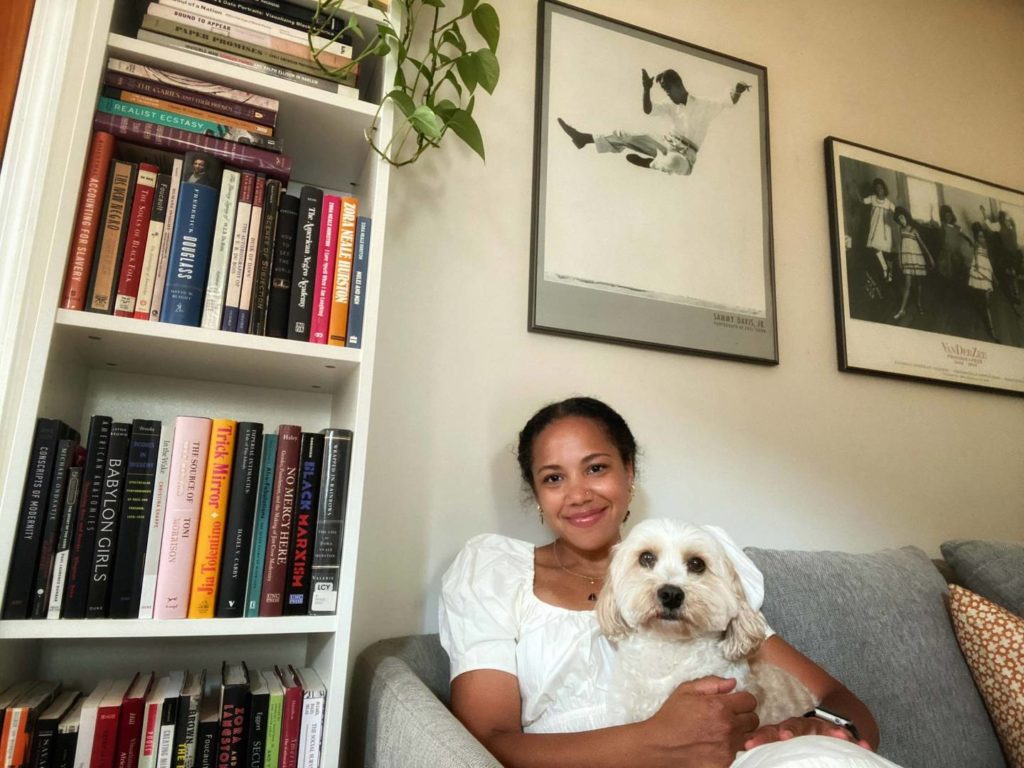
Six Princeton professors talk about how the books on their shelves relate to their work and share what’s on their summer reading lists. Many of their book choices reflect their scholarly research and personal perspectives on current crises related to the COVID-19 pandemic and racial injustice. https://bit.ly/2ZBrPVt
